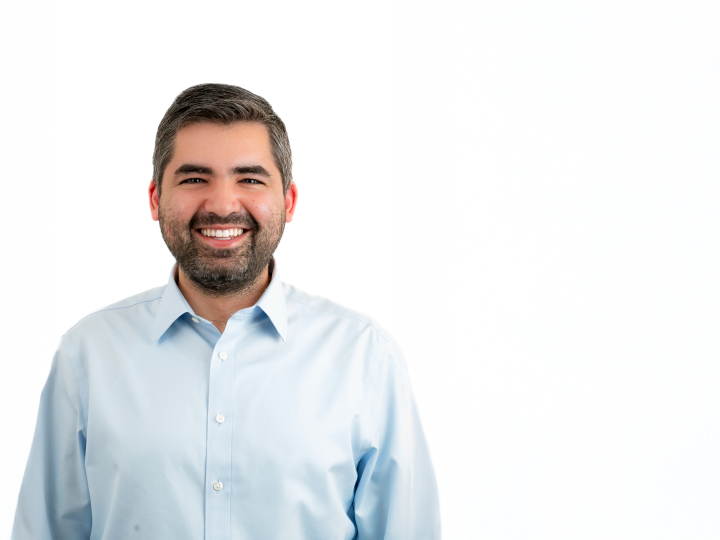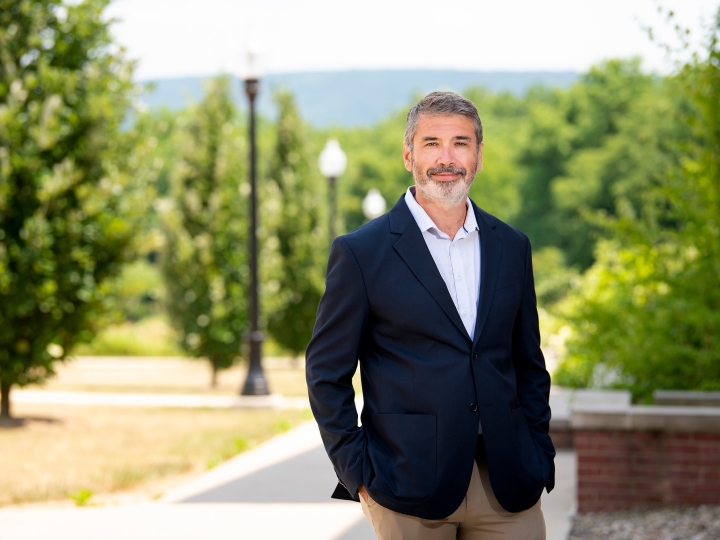Cool Classes: The Politics of College
September 25, 2017
What Class: The Politics of College
Who Teaches It: Professor Christopher Ellis, political science
"Are colleges still places where people can seriously debate ideas? Or have they become havens for censorship and political correctness run amok? Are universities supposed to be safe spaces, where students can develop and mature in a nurturing and supportive environment, or spaces of exploration and risk, where students are taught the value of being uncomfortable? And are colleges primarily places to train for a good job — or to immerse oneself in the study of ideas simply for their own sake?
"Our answers to these questions go to the heart of how we view what college education is — and is supposed to be — about. Colleges have always fostered and fomented political activism. But many other aspects of the college experience — admissions, tuition, debt, diversity, athletics, the Greek system and even the basic purposes of higher education, to name just a few — also shape and are shaped by the political process in sometimes obvious and sometimes subtle ways. The Politics of College is designed to help students understand their own college experiences within the broader political context and to develop critical, self-reflective perspectives on these topics.
"With the help of the Bucknell Institute for Public Policy, I recently worked with undergraduate researchers to conduct a national survey on many of the issues we discuss in class, so students can see how their beliefs compare to those of the country as a whole. We also consider why smart people of good faith can hold such diverse opinions on these topics.
"One in-class exercise positions students as admissions officers, challenging them to rate the relative strengths of applicants to an institution like Bucknell. The students experience the difficulty of weighing different factors — SAT scores, grades, life experiences, alumni status, athletic or artistic merit and the need to build a diverse and interesting class — when trying to decide who should be admitted and who shouldn't. Students also learn why different opinions on the mock applicants reflect not just narrowly on personal views of the admissions process, but more broadly on much deeper political and social divides that persist in the United States.
"The class is discussion- and debate-focused. Students read provocative academic arguments about the college experience, then consider both the authors' and each other's perspectives in open conversations. The student body is politically diverse, so one of the goals is to help participants develop their abilities to discuss controversial and sometimes personal, issues in intellectual and productive ways.
"This goal is to help students develop important life skills, but there's an institutional aspiration, too. Universities don't have to turn into anti-intellectual spaces where people equate speech with violence and can't disagree while also being civil. We must do better. Bucknell students have always been excellent at facilitating this sort of open, respectful dialogue and I hope we can continue to lead the way."
See what else Bucknell offers in the Department of Political Science.
Are we missing out on a cool class? Send suggestions to coolclasses@bucknell.edu.

